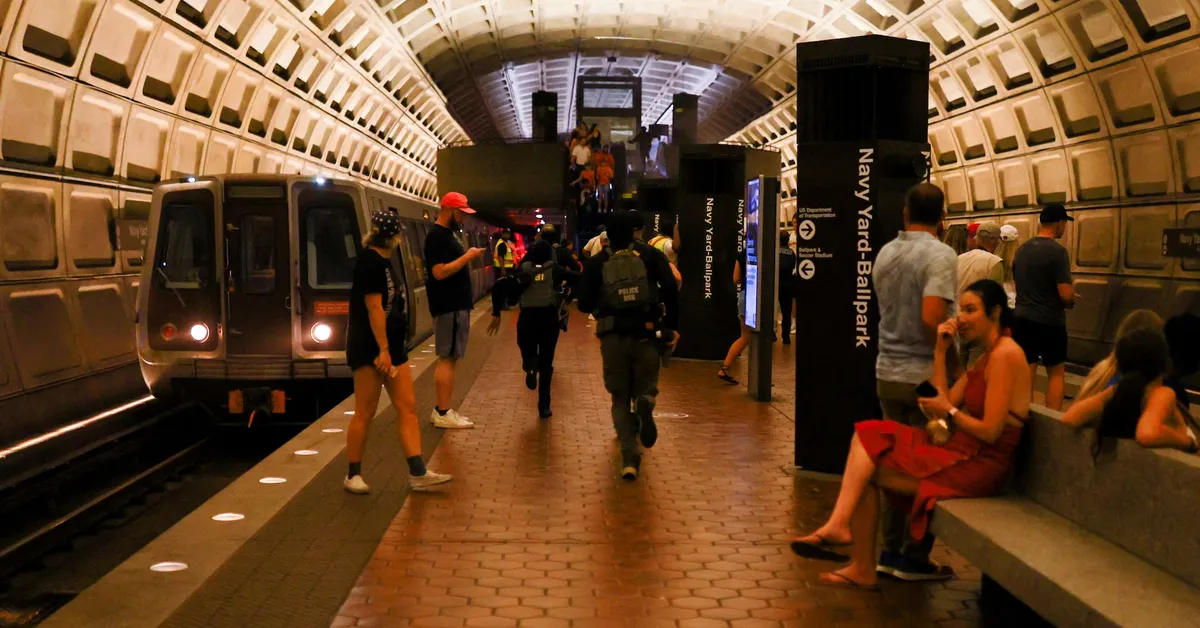
On August 16, 2023, West Virginia Governor Patrick Morrisey announced the deployment of 300 to 400 National Guard troops to the District of Columbia. This decision comes at the request of the Trump administration, as outlined in an official statement from the governor's office. The troops will be sent to assist in maintaining order in the nation's capital amidst rising concerns over crime and homelessness.
According to Drew Galang, a spokesperson for Governor Morrisey, the National Guard received the deployment order late Friday night. Efforts are currently underway to coordinate the logistics of this significant mobilization. Earlier in the week, President Donald Trump had indicated plans to send hundreds of National Guard personnel to Washington D.C. and temporarily assume control of the city's police department. This move is part of an initiative to address what Trump characterizes as a pressing crime and homelessness crisis in the area.
A White House official confirmed that additional National Guard troops would be stationed in Washington to safeguard federal assets and ensure a secure environment for law enforcement officials. The presence of these troops is also intended to serve as a visible deterrent against crime, further highlighting the administration's commitment to addressing public safety concerns.
Interestingly, data from the U.S. Justice Department reveals that violent crime in Washington D.C. reached a 30-year low in 2024. This statistic adds a layer of complexity to the narrative surrounding the deployment of the National Guard, particularly as the District operates under a unique governance structure as a self-governing federal district under Congressional jurisdiction.
In a related development, negotiations between District of Columbia officials and the Trump administration resulted in an agreement to retain D.C. Mayor Muriel Bowser's appointed police chief in his role, despite ongoing legal challenges. D.C. Attorney General Brian Schwalb recently filed a lawsuit aimed at blocking the federal takeover of the police department, citing concerns over local governance and authority.
President Trump, a member of the Republican Party, has suggested that similar actions could be taken in other Democratic-controlled cities, thereby expanding the presidential powers during his second term. This approach raises questions about the balance of power between state and federal authorities, especially regarding the deployment of the National Guard. Currently, while the National Guard typically operates under the command of state governors, the D.C. National Guard reports directly to the president, complicating the usual governance structure.
As this situation develops, a federal judge in San Francisco is expected to rule soon on whether President Trump acted unlawfully by deploying National Guard troops to Los Angeles in June without the approval of California Governor Gavin Newsom. The implications of this ruling could significantly impact how National Guard powers are exercised across the country.
In conclusion, the deployment of National Guard troops to Washington D.C. highlights ongoing tensions regarding public safety, governance, and the balance of power between state and federal authorities. As the situation unfolds, all eyes will be on the legal outcomes and their effects on future policy decisions.